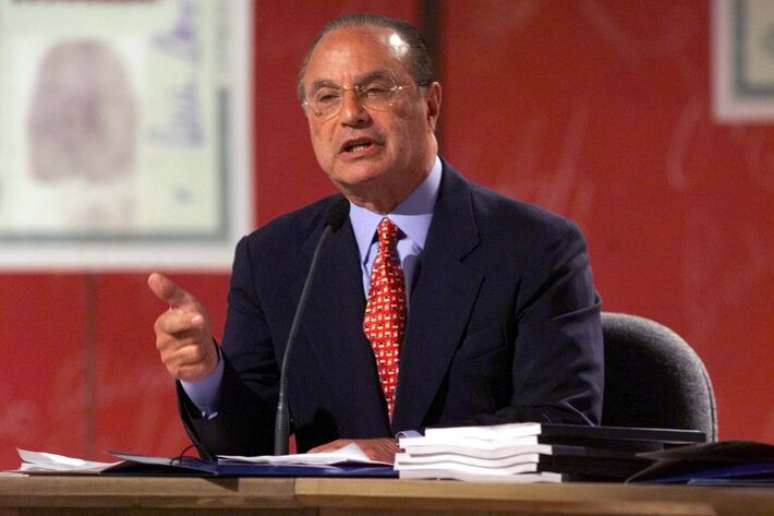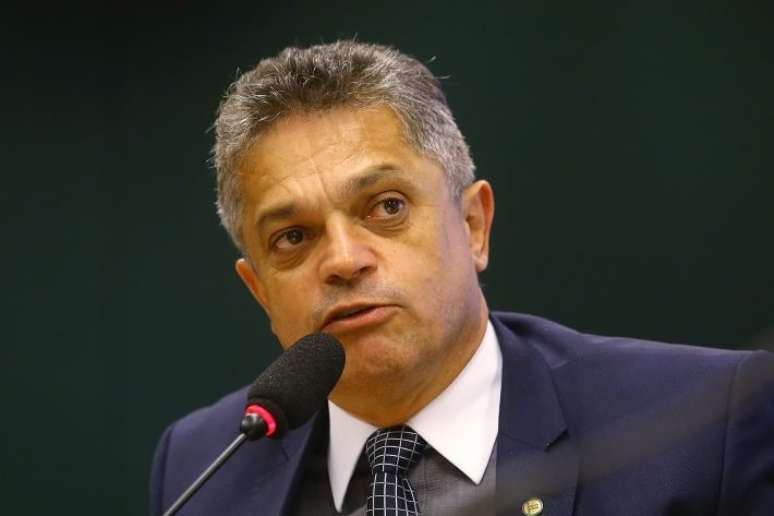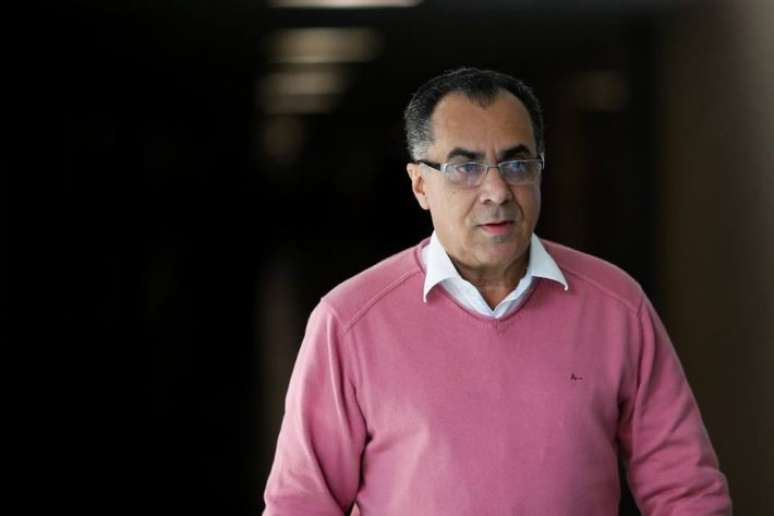Values include salaries, government funds and parliamentary dues for detained deputies, as in the case of Chiquinho Brazão, accused of ordering the deaths of councilor Marielle Franco and driver Anderson Gomes
The arrest of the federal deputies has already cost the Chamber more than R$2.8 million in public money. This is the sum, in nominal values, of the allowances paid by the Chamber to parliamentarians whose salary, cabinet funds and parliamentary quota have not been suspended during the period in which they have been detained under closed regime or under house arrest since 2013 . of the six federal deputies arrested in the last decade, the Chamber has already paid R$ 2,836,751 to deputies practically unable to carry out parliamentary activity.
The benefits due to the federal deputy are not revoked as soon as the parliamentarian is arrested. Payments are suspended only in the event of revocation of the mandate or upon determination of the Board of Directors. Salaries are maintained until otherwise provided, even if the deputy is practically unable to work. The only sanction for the arrested parliamentarian, in practice, is the withholding of one thirtieth of the salary for each “unjustified absence”.
The 1988 Federal Constitution established new rules for the arrest of sitting parliamentarians. The first case under the current Constitution took place in 2013, with former federal deputy Natan Donadon. He was convicted in 2010 of embezzlement and conspiracy, but appealed the decision and had the start of his sentence postponed for three years. On 28 June 2013 the deputy was arrested by order of the Federal Court (STF).
A few days later, on July 9, the Board of Directors suspended Donadon’s benefits. Even in prison, the Chamber system shows that, in July 2013, R$20,942.58 was paid to the deputy, as office funds. Furthermore, from July to August of that year, Donadon’s parliamentary dues expenses amounted to R$944.66.
A complaint against Donadon was filed with the House Ethics Board and reached a vote in the full House on Aug. 28. The votes in favor of the revocation were 233, against 131 against and 41 abstentions. Since at least 257 votes were needed to impeach the lawmaker, the mandate was maintained. Nonetheless, Henrique Alves (PMDB-RN), then president of the House, removed Donadon and summoned his replacement. Months later, in February 2014, Natan Donadon’s mandate was finally revoked. The former MP’s conviction was pardoned in 2017, with the Christmas pardon from then President Michel Temer (MDB)
Celsus Jacob
A member of the House will be arrested again only during his term, in 2017. Celso Jacob was convicted of fraud during a trial while he was mayor of Três Rios, Rio de Janeiro. In May of that year, having exhausted his court appeals, the STF ordered the then MP to immediately begin serving his sentence. On June 6, Jacob was arrested by the Federal Police (PF).
He remained detained until the 27th of the same month, when he obtained authorization from the Court to serve his sentence in semi-open prison. Although he was held under lockdown for three weeks a month, his June benefits were normally paid by the House: R$33,000 in gross salary, R$97,463.82 in cabinet funds and R$1,891.29 in parliamentary quota between the 6th and 22nd of that month. month – that is, the period in which the deputy was free has already been excluded from the calculation.
Jacob spent the second half of that year serving his sentence in a semi-open regime: during the day he attended the Chamber and exercised his mandate; At night he slept in the Complexo da Papuda, in Brasilia (DF). This routine continued until November, when the deputy was caught trying to enter the jail with cookies and cheese hidden in his underwear. He ended up being punished and sent to the solitary wing of the prison. At the same time, on November 24, the Court of Justice of the Federal District and Territories (TJDFT) suspended the judicial order authorizing him to exercise his mandate while he served his sentence.
Paolo Maluf

In December 2017, the House reportedly had two members arrested on the orders of the STF. In May, Paulo Maluf was convicted by the Supreme Court of money laundering during his time as mayor of São Paulo. Resources ran out in the last month of the year and Minister Edson Fachin ordered the sentence to take effect immediately.
After Maluf was handed over to the Federal Police, the General Directorate of the Chamber suspended the salaries of the former governor of São Paulo and Celso Jacob. Even with the benefits suspended, the House system indicates that there were office fund payments to Maluf and Jacob while they were in prison. Maluf received R$68,699.95 in February 2018; Jacob, R$3,447.31 in May of that year.
In February, Rodrigo Maia (DEM-RJ) removed Maluf from office and named his replacement. Four months later, in June, Celso Jacob obtained a court order to return to the House. Paulo Maluf, however, had his mandate revoked in August.
João Rodrigues

João Rodrigues was the first detained federal deputy who continued to receive benefits from the Chamber without provisions to the contrary. Convicted of fraud during a trial when he was mayor of Pinhalzinho (SC), the STF ordered Rodrigues’ sentence to be served immediately on 6 February 2018. Two days later, he was arrested by the PF. Although he was imprisoned in segregation for four months, his benefits were not revoked.
During this period, the deputy’s office cost R $ 481,880.94. The gross salary, equal to R$ 33 thousand, continued to be paid, generating a burden for the Chamber of R$ 168,815.00. Of this amount, Rodrigues received, in net amounts, R$64 thousand. During the months he was in prison, R $ 8,564.31 was also paid to the office as a parliamentary fee.


